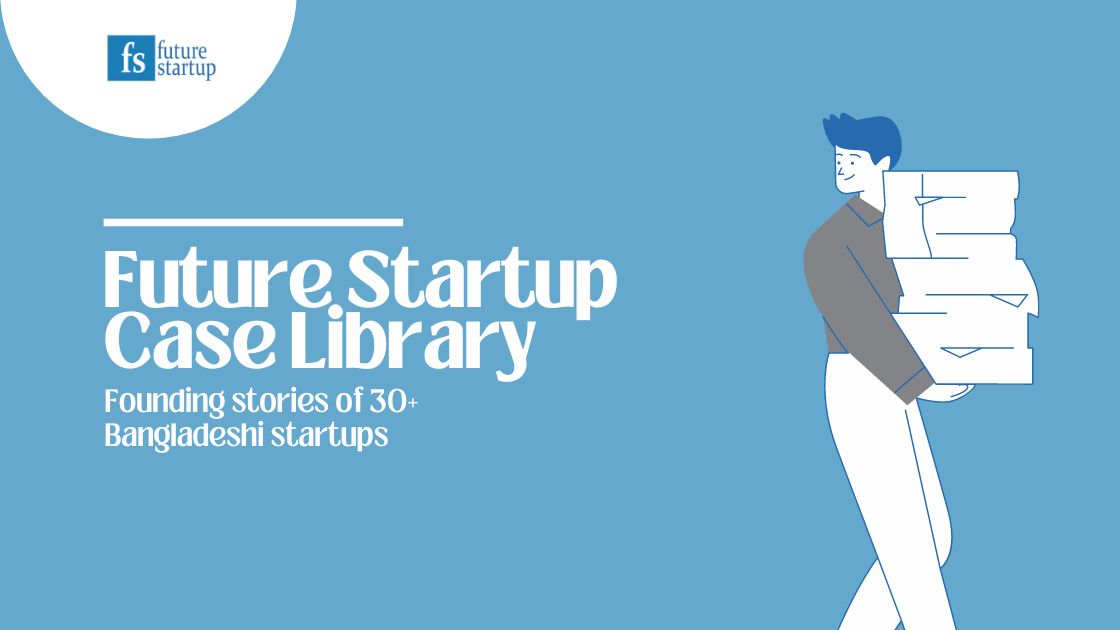
About two years ago we launched a new series titled “how I created that” with an ambition to chronicle the founding stories of some of the interesting startups and organizations in Bangladesh. As we speak, we have published some 30 founding stories of Bangladeshi startups and every one of them is unique and offers useful lessons in finding ideas and launching companies.
When we launched the series, we had two goals.
1. We wanted to show that ideas evolve and that the path to finding ideas is often not linear. Every idea goes through a journey. You think of an idea to start with, you make a prototype, you test in the market, you collect feedback, you refine the idea, and then you launch something into the market. This process can happen multiple times. We wanted to understand the process and determine if there is a unified process for finding ideas and launching them into the market.
2. Second, we wanted to understand how people finally make the decision to launch a startup into the market. What does it take to launch a startup? How do you finally make a decision to pull the plug? What are some common resources you need? How do you go to the market and collect feedback? We wanted to understand if we can put forward a playbook to launch startups, get feedback from the market and get traction.
It has been a humbling exercise. We have learned some new things and received reinforcements for some of the ideas we already know.
Often best ideas are those that evolve organically and are not forced. Where founders don't start with the aim to emulate someone else. Not completely original ideas per se, but they aren't mere contextualization either.
Launching a startup takes time. Often the act of founding a company begins many years before the actual materialization of the launch. Founders come across a spark. Get inspired by an idea. Start working on a plan. Fail. Change the plan. Try again. Evolve the idea and move forward.
Companies change in every stage of their journey.
Finding a product-market fit is often a journey than an event. It doesn't like you find your product/market fit once and for all.
Most successful founders possess a kind of quiet determination. They're not overly expressive but they maintain an internal determination that drives the company forward.
Failure is common. Not giving up easily and the ability to give up when the time is right both are useful skills. Successful founders show a trend where they almost always make the best possible decision in such a situation.
All ideas have the potential to break out. Some do and others don’t. Openness and a kind of flexible determination contribute to that.
These are only a few lessons we've learned from the stories, there're many more.
Below find a list of 30 founding stories of 30 Bangladeshi companies. Some are excellent reads, some are not. Some of the companies are doing exceedingly well and a few have gone out of business. But all have insights that can make you think and teach you something.
We plan to update this library in the coming days.
Often the act of founding a company begins many years before the actual materialization of the launch.
Originally published on 5 October 2022. Updated on January 2023.
